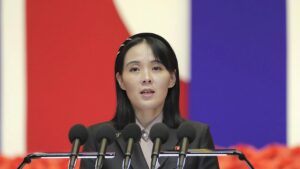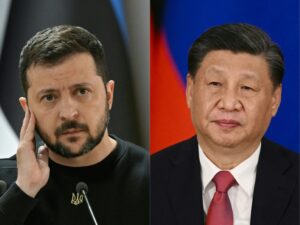
Pakistan Prime Minister Shehbaz Sharif on Friday said that the crisis-hit country has to ‘unwillingly’ accept the strict conditions of the IMF deal to provide a lifeline for an economy in turmoil. He was speaking to top security officials at his office in Islamabad in a meeting.
We have to accept unwillingly the strict conditions for the IMF deal. An accord was still a week, 10 days away,” the Prime Minister said as quoted by Reuters.
Pakistani authorities have been negotiating with the International Monetary Fund (IMF) since early February over the policy framework and are hoping to sign a staff-level agreement that will pave the way for more inflows from other bilateral and multilateral lenders.
Once the deal is signed, the lender will disburse a tranche of more than $1 billion from the $6.5 billion bailout agreed to in 2019 to Pakistan.
Pakistan has already taken a string of measures, including a hike in fuel and power tariffs, withdrawal of subsidies, more tax on luxury goods, and cutting down government expenses to generate revenue and save money to bridge the fiscal deficit.
The government officials informed that the financial body is still negotiating with Islamabad over power sector debt, as well as a potential rise in the policy rate, which currently stands at 17%. The strict measures are likely to further cool the economy and stoke inflation, which stood at 27.50% in January.
The South Asian country’s economy has been in turmoil and desperately needs external financing, with its foreign exchange reserves dipping to around $3 billion, barely enough for three weeks’ worth of imports.A “friendly country” is also waiting for the deal to be confirmed before extending support to Pakistan, Sharif said, without elaborating.
The country has received a deposit of $700 million from the China Development Bank, which will provide a much-needed boost to the country’s foreign exchange reserves as Pakistan has been struggling with its external debt and has barely enough dollars to cover less than three weeks’ worth of imports.







